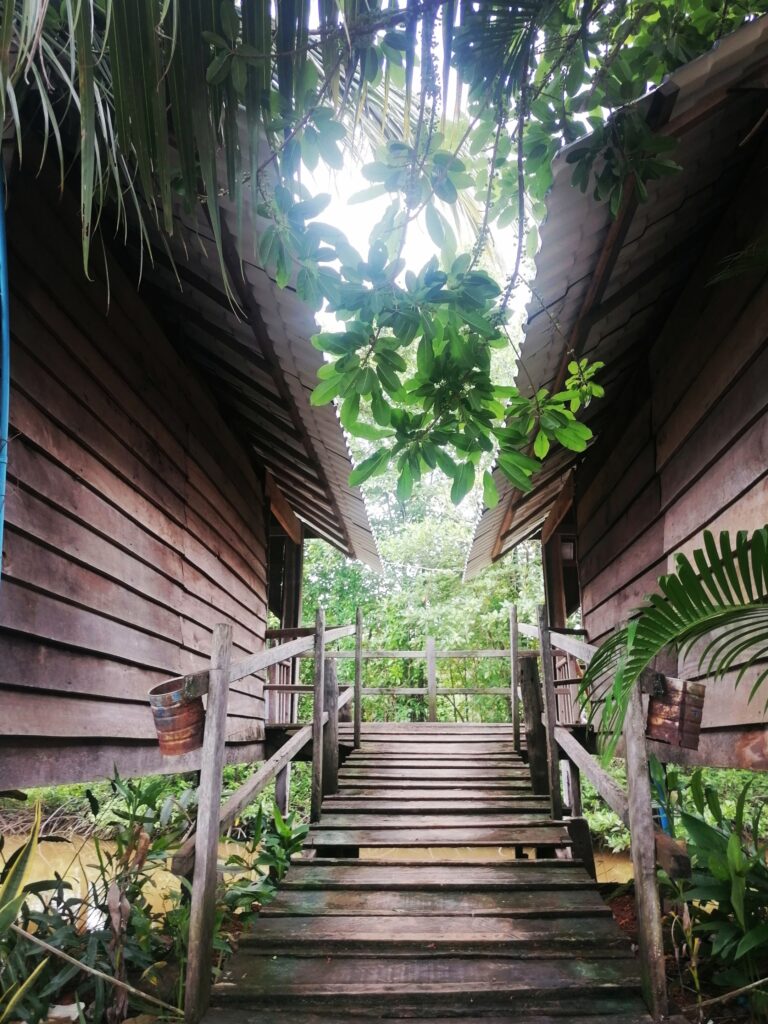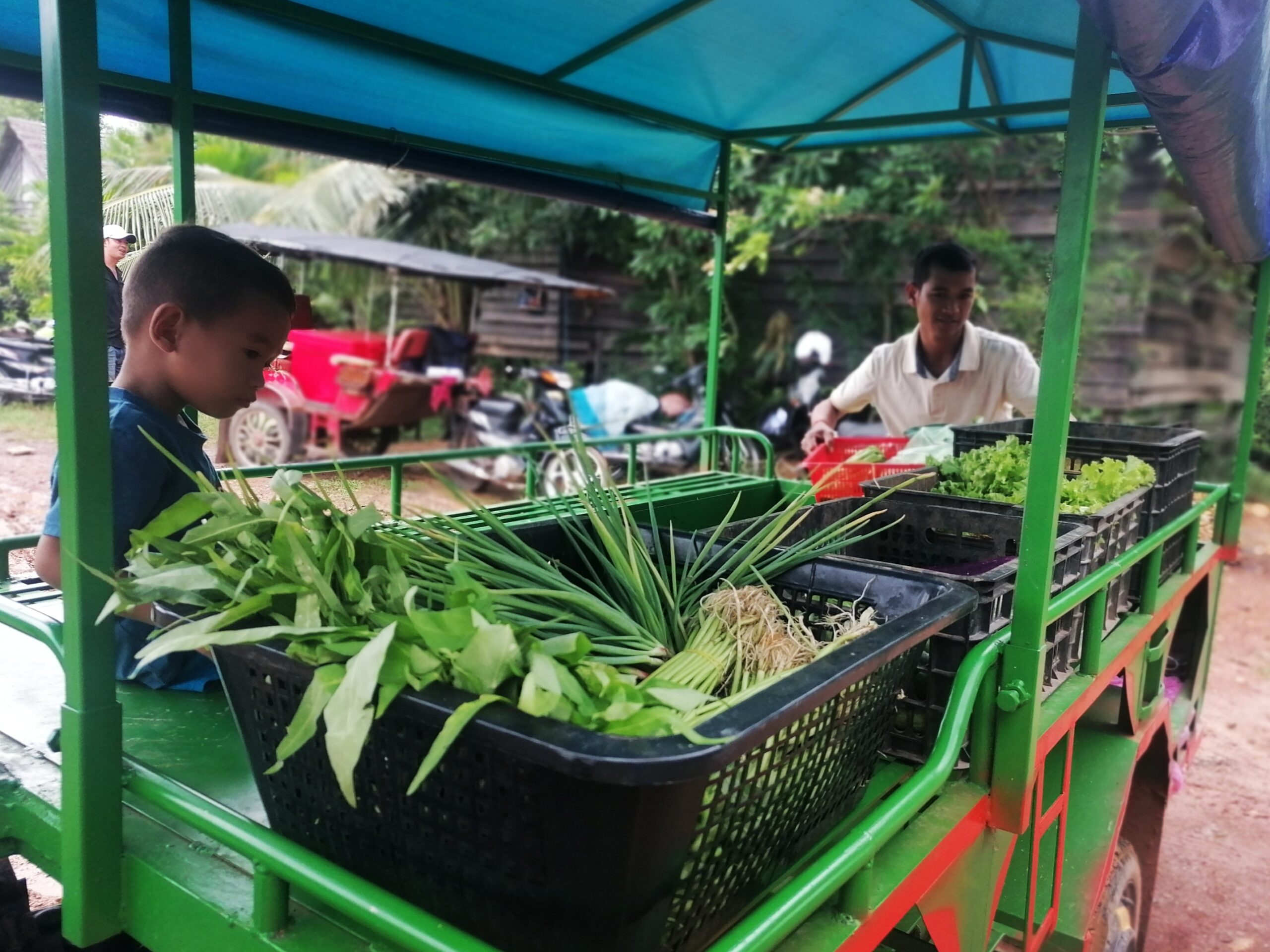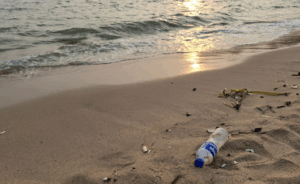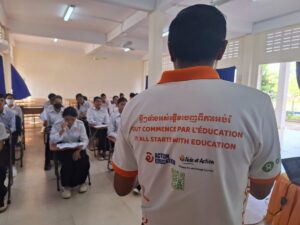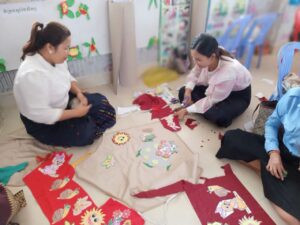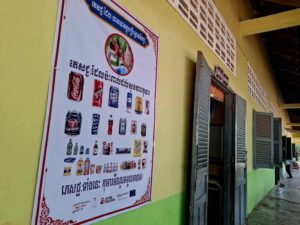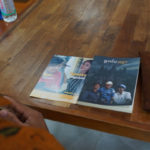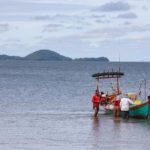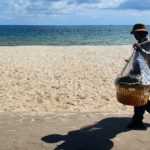Informal vendors and small businesses in Cambodia face significant challenges. Understanding their issues is essential to provide the appropriate resources and support. The NGO Action Education / Aide et Action (AEA) actively supports community businesses on the ground. Our activities protect the socio-economic rights of community members, enhance environmental sustainability, and benefit the local economy.
Informal sellers encounter a range of challenges, including unfair competition and fluctuating incomes driven by seasonal demand. Many lack access to essential services like healthcare and education for their children. They often work in hazardous conditions, such as crowded markets or on the streets, where sanitation facilities and clean water are scarce. Living in slums or inadequate housing further exacerbates their health and safety risks. Additionally, societal stigma and discrimination can affect their sense of self-worth. Moreover, limited access to financial services hinders their ability to grow or sustain their businesses.
By backing local businesses, the NGO Action Education / Aide et Action (AEA) plays a role in strengthening the local economy, essential for community development. In the context of the CO-SAVED project, co-funded by the EU, AEA aims to reinforce the capacities of fishing communities in the coastal provinces of Kep, Kampot, Koh Kong, and Sihanoukville. Through donations and trainings, we want to empower individuals and families to enhance their livelihoods, economic well-being and, independence. Topics include cash flow management, digital literacy, and eco-tourism.
Joy from the ground
Small donations can have a big impact. As of 20 September 2024, we have supported 54 informal sellers locally in Kep and Kampot with essential equipment. Mr. Ngoun Sok and Mrs. Ouen Srey Pich from Trapeang Sangkae collected their donation, bringing along their two sons, a three years-old boy and a 7 months-old baby. Ngoun shared his excitement: “I sell vegetables from Kampot to Sihanoukville, but transporting them on a motorbike was difficult. Now, with this new cart, I can carry more products and bring my family along! I’m truly happy!”
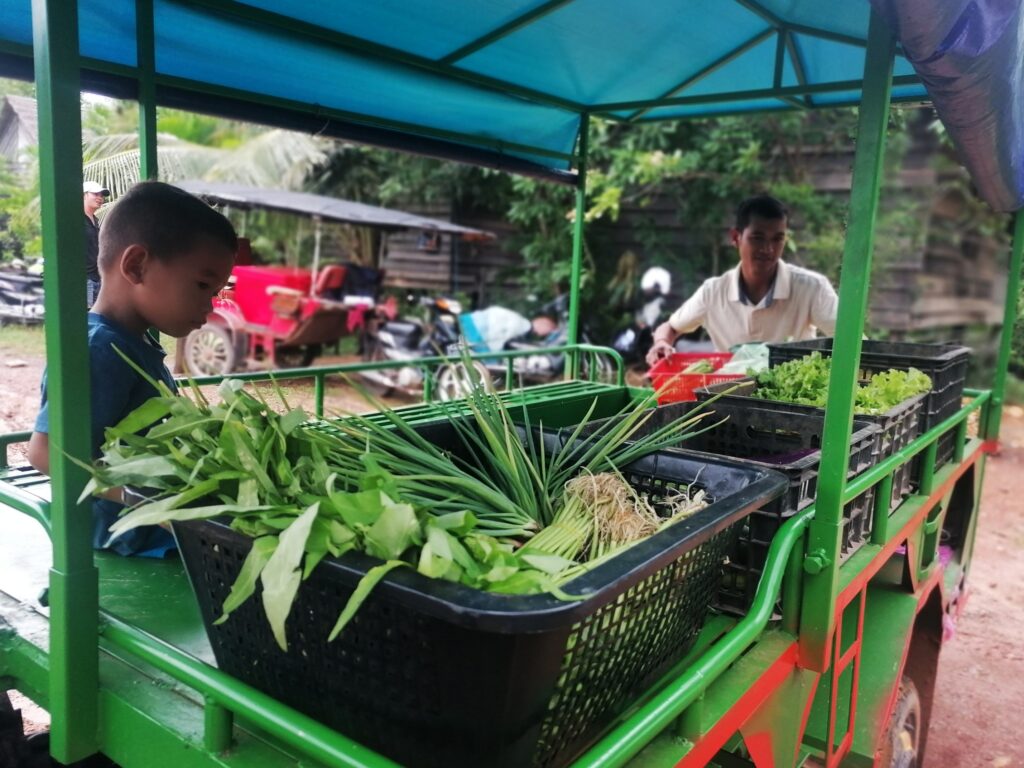
Mrs. Heng Puree, who is from Kampong Tralach fishing community, received a coffee machine. She works at the Crab market in Kep everyday. “However, it depends on the weather,” she said. “I hope good and fresh Khmer coffee can attract more clients, especially the foreigners,” she expressed with enthusiasm. From Kampong Kandal community in Kampot, Mrs. Nou Rohany’s family has a place to sell noodles soups. “It is only a roof of three square meters,” she explains. “It is very small but I am very happy to receive an entire fridge! It is very useful because I need to store meat and vegetables.”
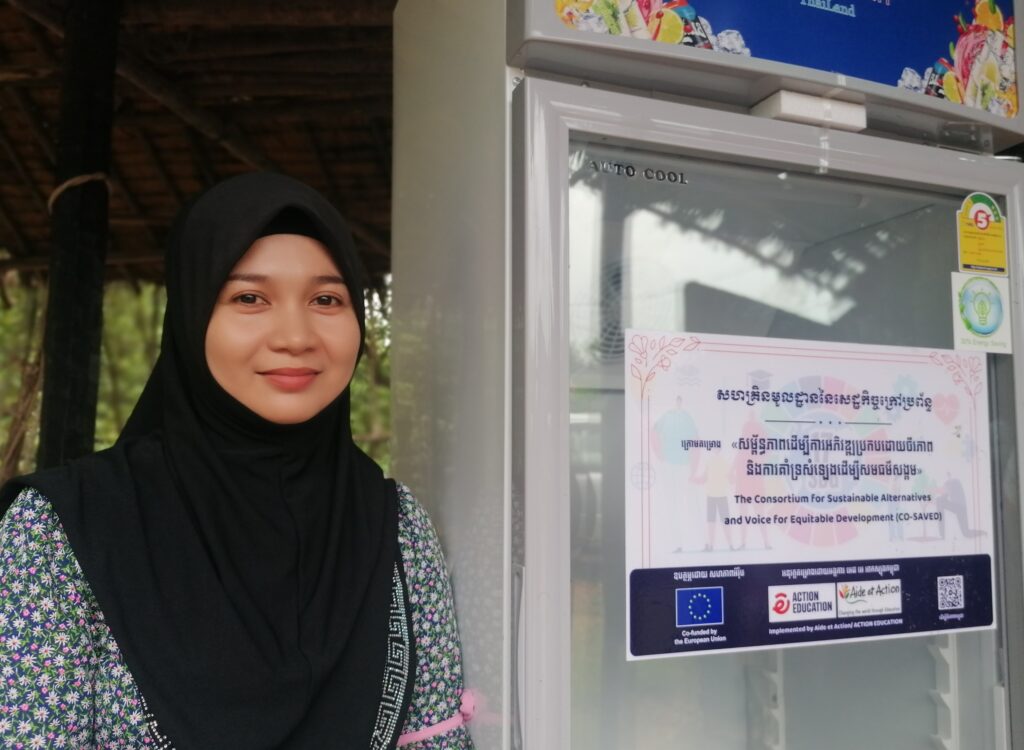
By engaging in tourism, community businesses often reflect the Khmer culture and identity, fostering a sense of pride in their cultural heritage. Food vendors for example showcase local cuisine, while Tuk-Tuk drivers offer guided tours that highlight the local culture, history, and natural attractions. These tours that can include food tastings, historic heritage walks, and nature hikes are most appealing to tourists seeking authentic experiences. Finally, local businesses sell handcrafted goods and souvenirs that are traditional, typically Cambodian or made from recycled material.
Tourism: Empowering local economies
Community businesses are essential to green tourism because they generally have a smaller carbon footprint and waste less clean water than larger companies such as hotel chains or swanky resorts. For instance, Trapeang Sangkae in Kampot is a picturesque area with stunning river views and mangroves. This location provides opportunities for various tourist activities, such as boat tours, fishing, and tree-planting. Local communities aim to turn their stilt houses along the river into AirBnB to attract national and international visitors and capitalize on this potential.
This initiative of community eco-resort, supported by AEA, provides extra income for local families while encouraging them to uphold traditional eco-friendly practices and explore innovative ways to protect their beautiful environment. By involving tourists, local fishing communities create lasting memories for visitors, fostering a deeper awareness of climate (in)justice worldwide. Ecological activities such as planting mangroves or guided tours allow visitors to learn about local eco-systems, experience the lifestyle of fishing communities and, participate in conservation efforts.
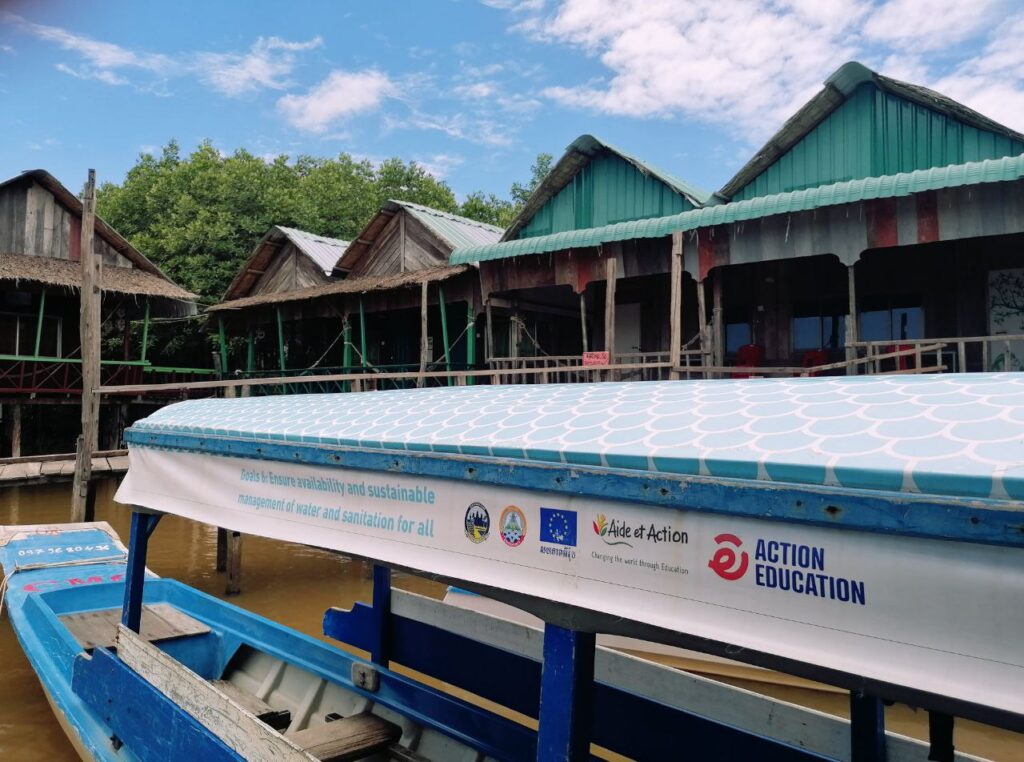
Through education, AEA intends to support community businesses establish a strong online presence when appropriate. Community eco-resorts may make the most of social media platforms like Facebook or AirBnB to promote their services with attractive visuals and essential information. With digital literacy, communities can effectively promote green and responsible tourism. To attract tourists online, they can propose discounts, family packages or special days and, promote local activities such as markets, cultural festivals, and beach clean-ups.
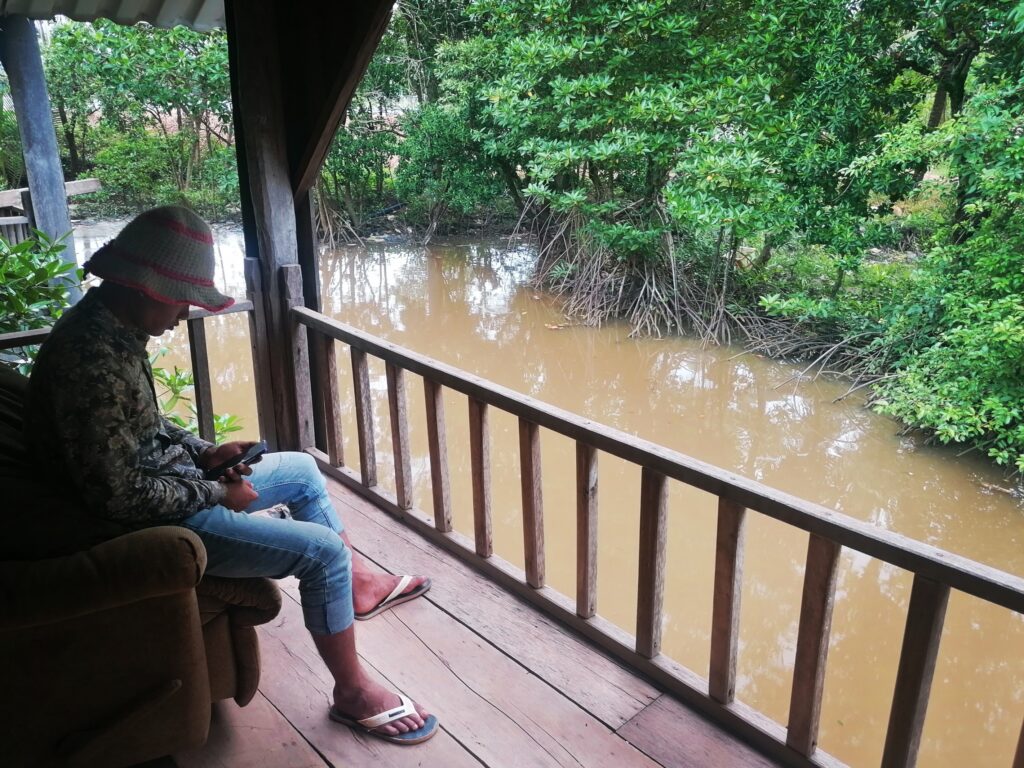
Collaborative marketing is a highly effective strategy for community businesses, allowing them to create unique deals that combine offerings from multiple complementary enterprises. For instance, a local homestay could partner with mobile food vendors to provide meals for guests. A restaurant might collaborate with local artisans to sell Cambodian souvenirs to customers. Additionally, a community eco-resort could team up with Tuk-Tuk drivers to transport guests from train or bus stations and provide guided tours. By working together, community members can enhance unity and strengthen their position in the competitive market of tourism.
